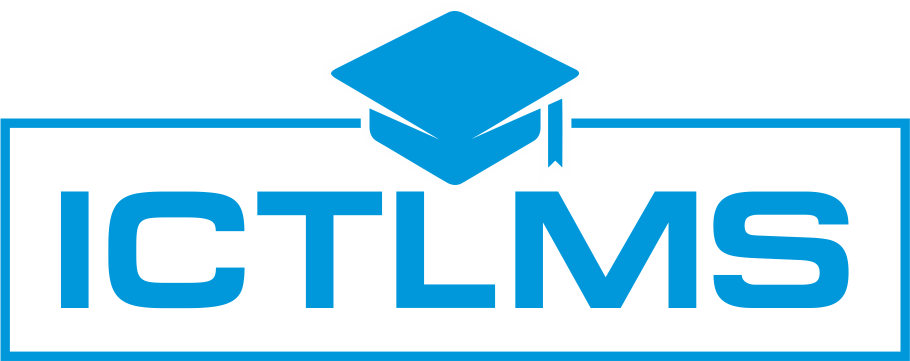Learning management systems (LMS) have become an essential tool for organizations of all sizes. LMSs allow organizations to deliver online training to their employees, students, or customers. They can also be used to track learner progress, administer assessments, and manage course content.
There are two main types of LMSs: closed source and open source. Closed source LMSs are proprietary software that is owned and developed by a single company. Open source LMSs are software that is freely available to the public. Anyone can download, modify, and redistribute open source LMSs.
In this article, we will discuss the benefits of using an open source LMS. We will also review some of the best open source LMS platforms in 2023.
Benefits of Using an Open Source LMS
There are many benefits to using an open source LMS. Some of the key benefits include:
- Cost-effectiveness: Open source LMSs are typically much more affordable than closed source LMSs. This is because the software is freely available and there are no licensing fees.
- Customizability: Open source LMSs are highly customizable. This means that you can tailor the software to meet the specific needs of your organization.
- Scalability: Open source LMSs are scalable. This means that you can easily add or remove users as your organization grows.
- Security: Open source LMSs are secure. The software is open to inspection by the public, which makes it less likely to contain security vulnerabilities.
- User-friendliness: Open source LMSs are user-friendly. The software is designed to be easy to use for both administrators and learners.
Best Open Source LMS Platforms in 2023
There are many open source LMS platforms available. Some of the best open source LMS platforms in 2023 include:
- Moodle: Moodle is the most popular open source LMS platform. It is a highly customizable platform that is suitable for a wide range of organizations.
- Open edX: Open edX is a popular open source LMS platform that is based on the edX platform. It is a good choice for organizations that want to create and deliver massive open online courses (MOOCs).
- Canvas LMS: Canvas LMS is a user-friendly open source LMS platform. It is a good choice for organizations that want an easy-to-use platform that is suitable for both students and administrators.
- Chamilo LMS: Chamilo LMS is a flexible open source LMS platform. It is a good choice for organizations that want a platform that can be customized to meet their specific needs.
- Forma LMS: Forma LMS is a feature-rich open source LMS platform. It is a good choice for organizations that want a platform with a wide range of features.
- ATutor: ATutor is a simple and easy-to-use open source LMS platform. It is a good choice for organizations that want a platform that is easy to set up and manage.
Conclusion
Open source learning management systems are a great option for organizations that want to save money and have more control over their learning content. There are many open source LMS platforms available, so you can choose the one that best meets the needs of your organization.
If you are considering using an open source LMS, I recommend that you do your research and compare the different platforms before making a decision. You should also consider the specific needs of your organization, such
